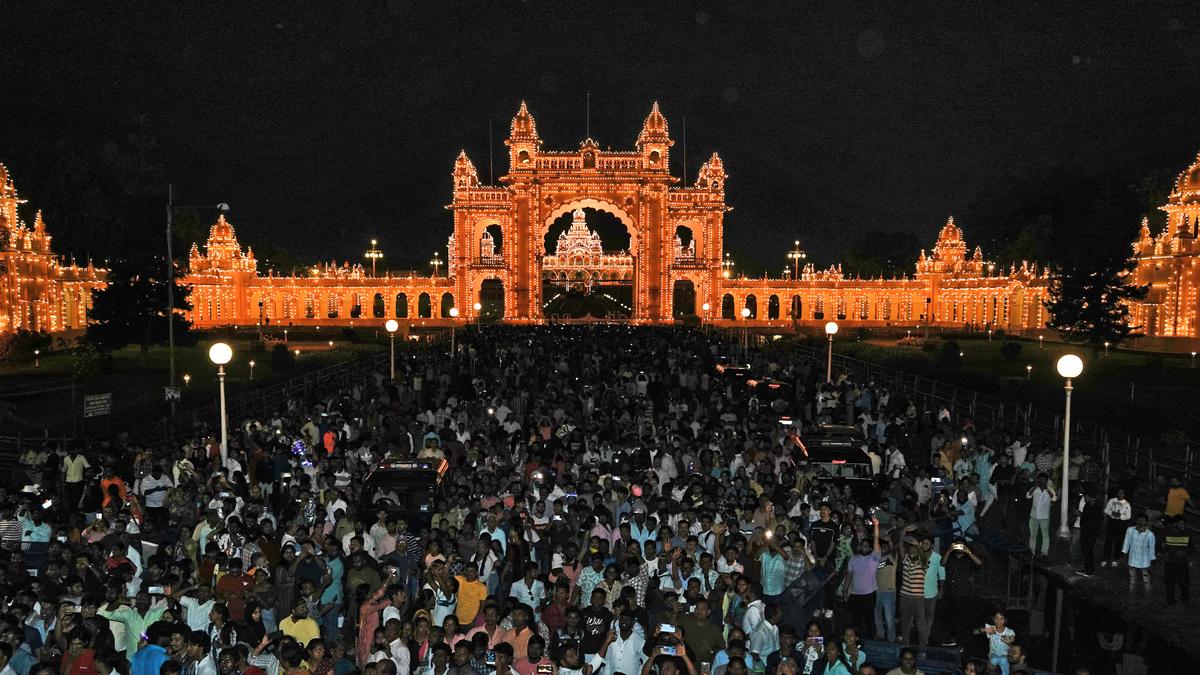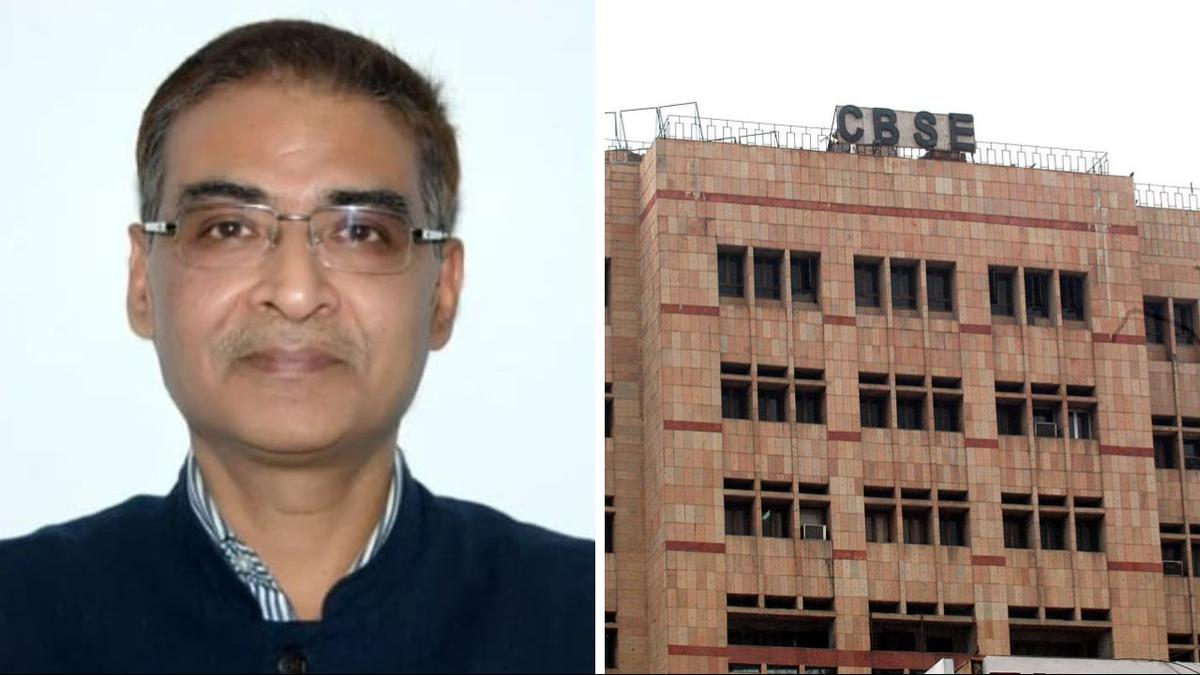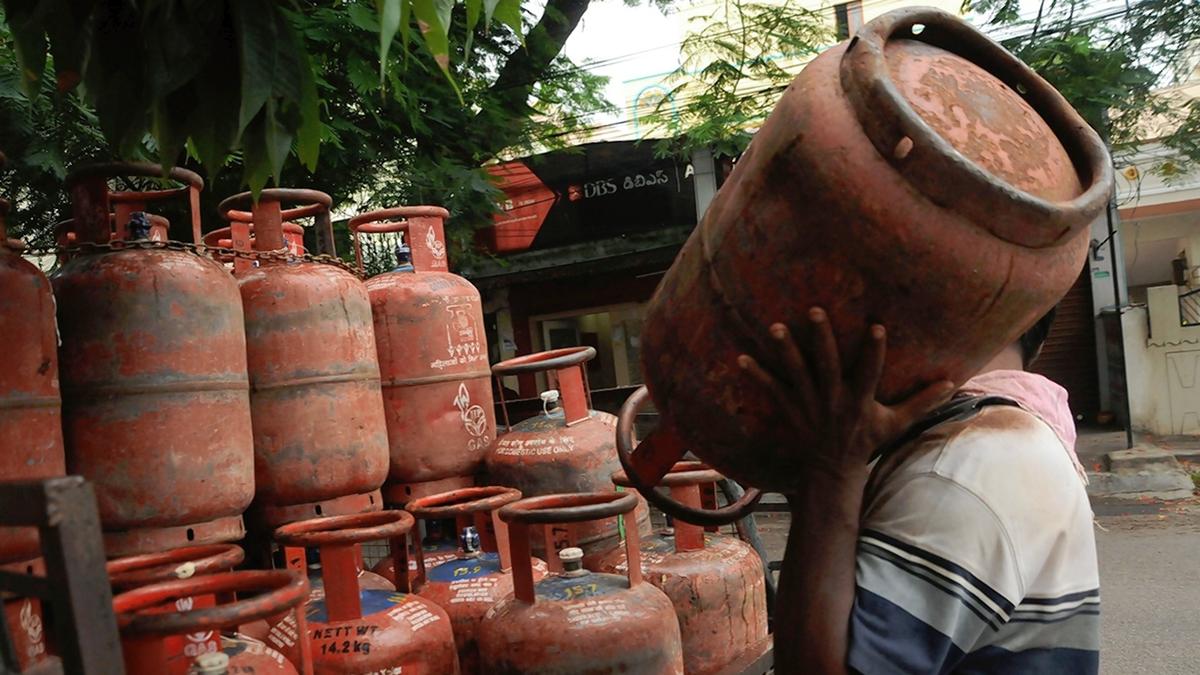Kerala’s Finance Minister K.N. Balagopal on Friday (August 8, 2025) said the United States of America (USA)‘s punitive tariffs on India could send shock waves through Kerala’s economy.
He said U.S. President Donald Trump’s “tariff bullying”, ostensibly to punish India for importing crude from Russia, has raised the spectre of the State’s economy regressing to the grim COVID-19 pandemic period.
Mr. Balagopal said the tariffs would hit Kerala’s seafood, spices, agriculture and coir sectors hard.
Mr. Balagopal said Mr. Trump’s real gambit was to use the threat of prohibitive tariffs as a crowbar to wrench open India’s massive market with immense purchasing power for U.S. products, including farm produce, and not discipline Russia, from which the U.S. procures valuable uranium and fertilisers.
“For one, lesser-priced milk cartons from foreign countries would imperil Kerala’s 14 lakh dairy farmers”, he said.

Hence, large-scale procurers of spices, farm produce, dairy and seafood from Kerala would offer local suppliers lower prices to make the commodities competitive in foreign markets. “Consequently, the suppliers would pass on the revenue shortfall to farmers, who will likely reduce wages and workers’ benefits”, Mr Balagopal added.
Impact on IT sector
He said the jury was still out on how the punishing 50% tariffs would hit Kerala’s software industry. He noted that Tata Consultancy Services (TCS) had laid off 12,000 middle-level employees, including senior personnel with decades of experience.

He said Mr. Trump’s “protectionist and isolationist” policies also imperilled technical job aspirants from Kerala, chiefly software and hardware engineers. (Mr Trump had earlier warned Google, Meta and Microsoft, among other global software and computing majors, against hiring Indian talent ostensibly to protect U.S. jobs)
‘Trade deal U.K. fraught with peril’
Mr. Balagopal said India’s trade agreement with the United Kingdom (U.K.) was also fraught with peril for State economies.
“Cheerleaders for slashing the import duty on luxury cars such as Jaguar and Land Rover from 100% to 10% and drastically cutting duty on imported scotch whisky would do well to remember that the trade concessions would adversely impact the GST revenue of States”, he said.
Mr. Balagopal said the shortfall in revenue would, among other things, imperil Kerala’s expanding social welfare security net, including payment of welfare pensions and medical insurance schemes for government employees, pensioners and senior citizens.
He said importing luxury cars at a negligible import duty from European nations would not incentivise basing production in India, thereby whittling down India’s attempt to generate more employment opportunities. The measure would also affect medium and small-scale industrial units that supply industrial parts, as well as the automobile industry.
Mr. Balagopal said the U.K.’s lifting of tariffs on farm, seafood, meat, poultry and allied products from India, including Kerala, was of no consequence.
“Products from Kerala, including milk, will have to compete with comparable products from Scandinavian countries and Australia, which subsidise milk production and sell at competitive rates. Similar products from India will likely remain on the shelves”, he said.



.png)
.png)
.png)
















 3 hours ago
3
3 hours ago
3









 English (US) ·
English (US) ·